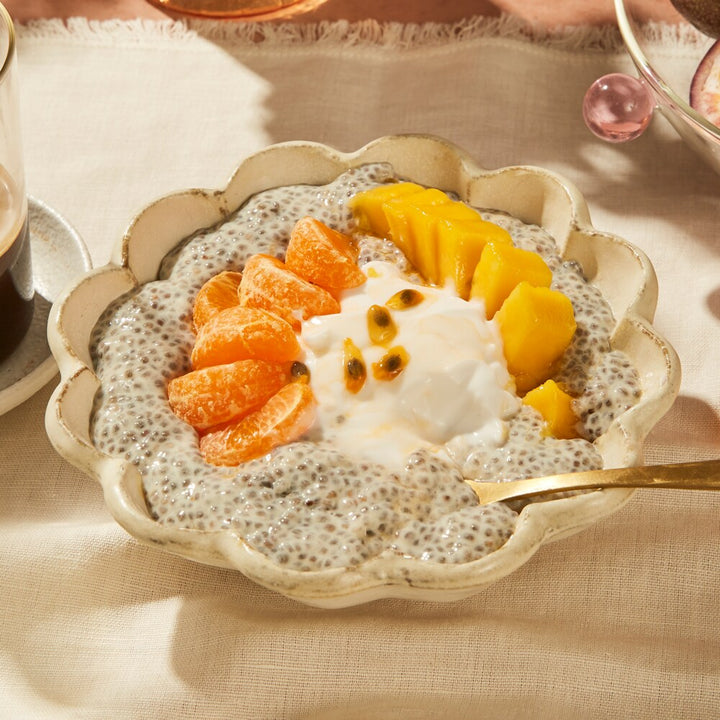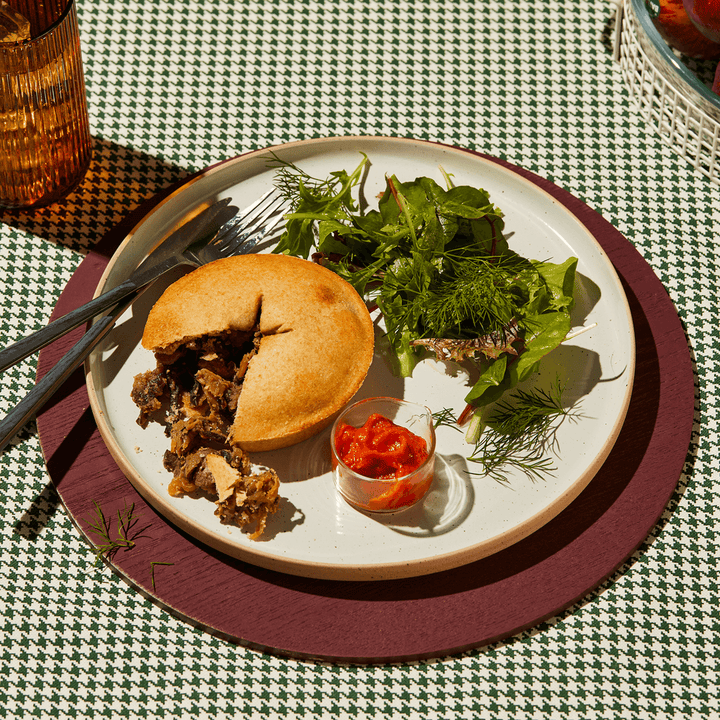The Place of Plant-Based Diet in Maintaining Hormone Health and Homeostasis
Hormone health plays a central part in overall well-being, from energy to reproductive well-being. A hormone-balancing diet can be crucial in maintaining the body's healthy hormonal function, and a hormone plant-based diet can especially be beneficial.
Led by wholesome foods and qualities of hormone homeostasis, plant-based foods provide a positive, natural hormone regulation method. Pulling delicious and easy-to-use plant-based meal solutions from firms such as IKU enables Australians to work towards their hormone health while eating nutritious meals.
 |
 |
 |
Hormonal Balance's Significance
Hormones govern many of the body's most significant functions, such as metabolism, mood, and reproductive wellness. When hormones become unbalanced, individuals may experience:
-
Weakened energy: The primary reasons for poor energy are imbalances in hormonal levels, mainly thyroid and adrenal hormones.
-
Mood swings: Hormonal fluctuations can affect mood, leading to stress, irritability, and anxiety.
-
Weight gain: Dysregulation of hormones like cortisol, insulin, and estrogen can cause rapid weight gain and resistance to weight loss
-
Reproductive issues: Issues like Polycystic Ovary Syndrome (PCOS) and infertility are linked with hormonal imbalances.
ㅤ
 |
 |
 |
ㅤ
A plant-based, hormone-balancing diet will help develop these problems through the provision of necessary nutrients to facilitate the production and maintenance of hormones.
Hormone-Balancing Foods in Plant-Based Diets
Plant foods are natural foods that are hormone-balancing. Some of them are:
-
Phytoestrogens: They are plant substances present in soybeans, flaxseeds, and chickpeas that have an estrogen-like effect on the body. They balance the levels of estrogen in the body, especially for women going through menopause or hormonal imbalance.
-
Healthy fats: Omega-3 fatty acids, present in foods such as chia seeds, flaxseeds, and walnuts, are needed to produce hormones. Omega-3 fatty acids facilitate the production of estrogen and progesterone, both crucial hormones for reproductive processes.
-
Fibre: Plant foods that are high in fibre assist the body in clearing out excess hormones such as estrogen, supporting balance in hormones. Fruits, vegetables, and whole grains are great sources of fibre.
-
Micronutrients: Plant foods contain high amounts of minerals and vitamins like magnesium, zinc, and B vitamins. They assist in the regulation of stress hormones such as cortisol, adrenal well-being, and overall hormonal equilibrium.
ㅤ
 |
 |
 |
ㅤ
Adding these hormone-friendly foods into daily meals can stabilise typical symptoms of hormonal imbalance such as mood swings, energy loss, and digestive problems.
Anti-Inflammatory Effects of Plant-Based Eating
Chronic inflammation has the potential to negatively impact hormone regulation. A plant-based hormone balance diet typically consists of anti-inflammatory foods that decrease inflammation and maintain healthy hormone levels. Some of these foods are:
-
Leafy greens: Spinach, kale, and other green leafy vegetables are rich in antioxidants that decrease body inflammation.
-
Berries: Blueberries, strawberries, and other berries are rich in antioxidants that fight oxidative stress, which may prevent the formation of hormones.
-
Turmeric: Turmeric is a strong anti-inflammatory agent that prevents and manages inflammation to the benefit of general hormonal well-being.
ㅤ
 |
 |
 |
ㅤ
Consuming a plant-based diet full of these anti-inflammatory foods not only helps to maintain hormone balance, but it also maintains long-term well-being by lowering the chance for chronic disease.
Gut Health and Hormonal Balance
There is a close link between gut health and hormones. The gut microbiome is an important player in hormone regulation, such as cortisol and serotonin, that modulate mood and emotional state. Healthy bacteria can flourish if the gut is nourished with a probiotic and fiber diet, facilitating healthy vegan hormone balance through stress management, mood, and mental health.
Some of the most important foods to support gut health are:
-
Fermented foods: Kimchi, sauerkraut, and tempeh are all high in probiotics that maintain the health of gut microbiome.
-
Fibre-dense foods: Legumes, beans, and whole grains are all full of fibre that maintains healthy digestion and the function of the gut in regulating hormones.
ㅤ
 |
 |
 |
ㅤ
By giving the gut these plant-based, fibre-full foods, individuals can enhance healthy digestion, emotional well-being, and hormonal health.
Conclusion
A plant hormone diet presents a nutritious, effective means of nourishing hormonal health. Gut-friendly, nutrient-dense, and anti-inflammatory food in plant diets controls and nourishes the hormones. With easy availability from IKU, Australians possess healthy, hormone-controlling foods to lead well-being in the long run. With such hormone-controlling foods integrated into your daily life, you can naturally enhance the hormonal processes of your body and indulge in a healthy, balanced life.
ㅤ
ㅤ








